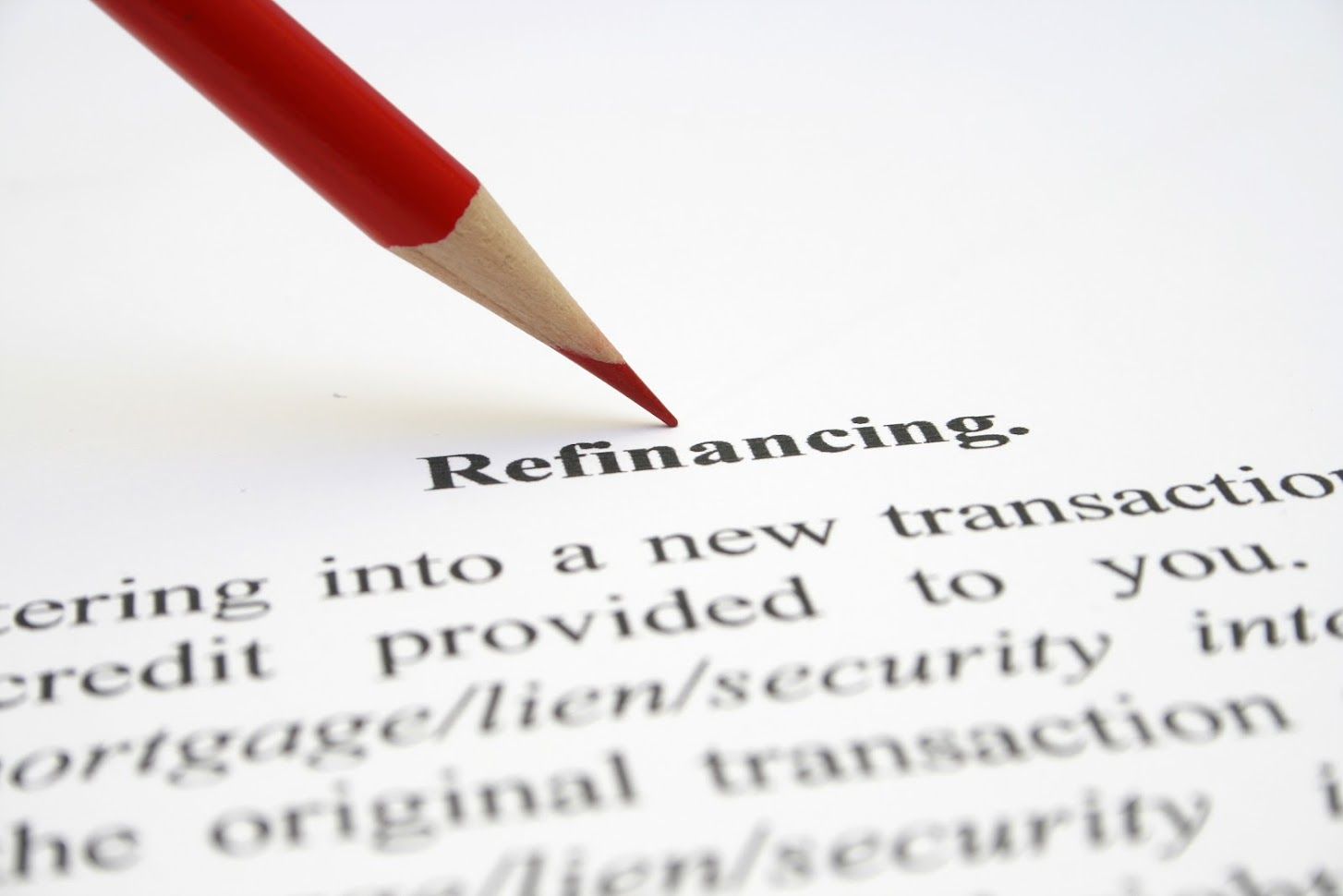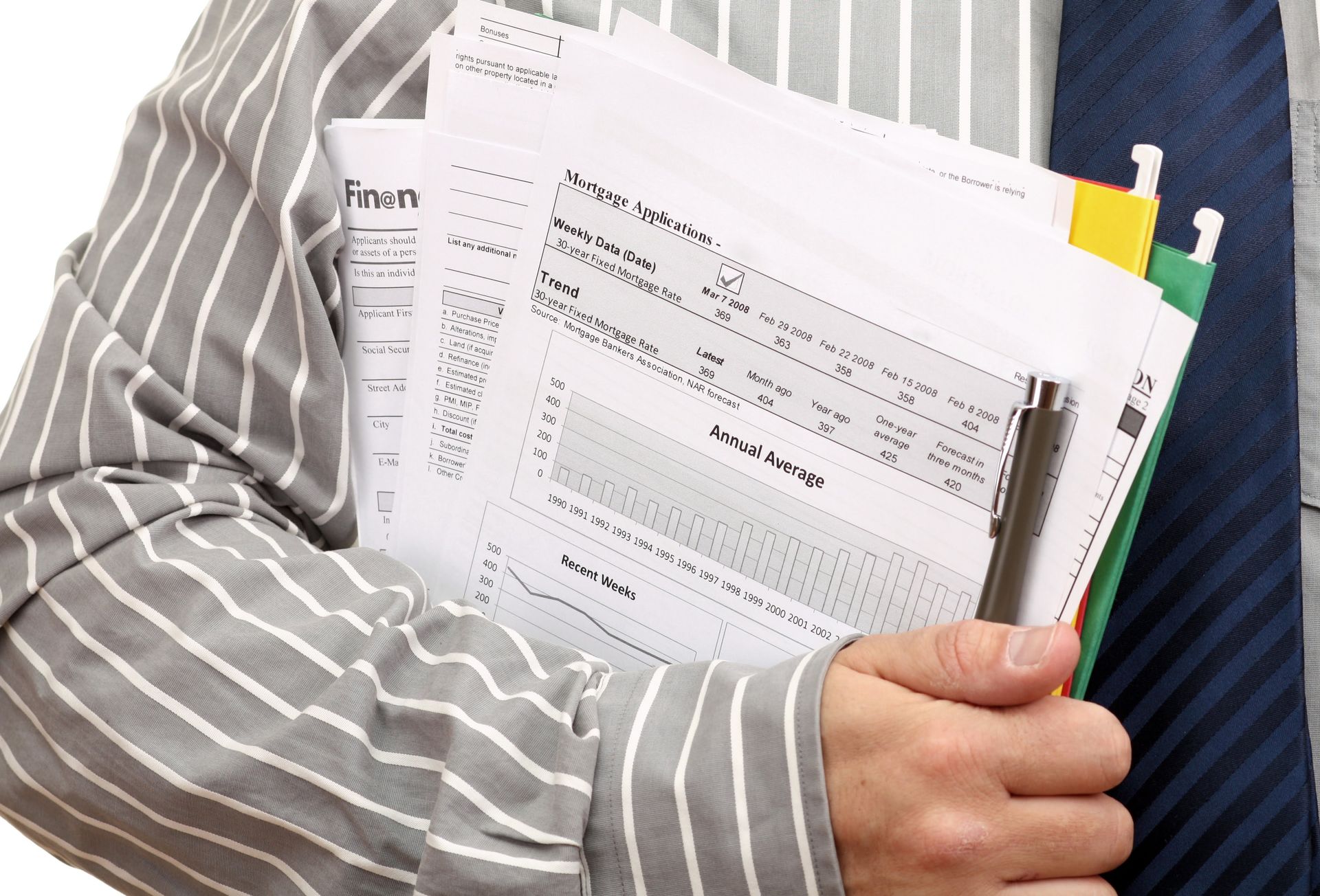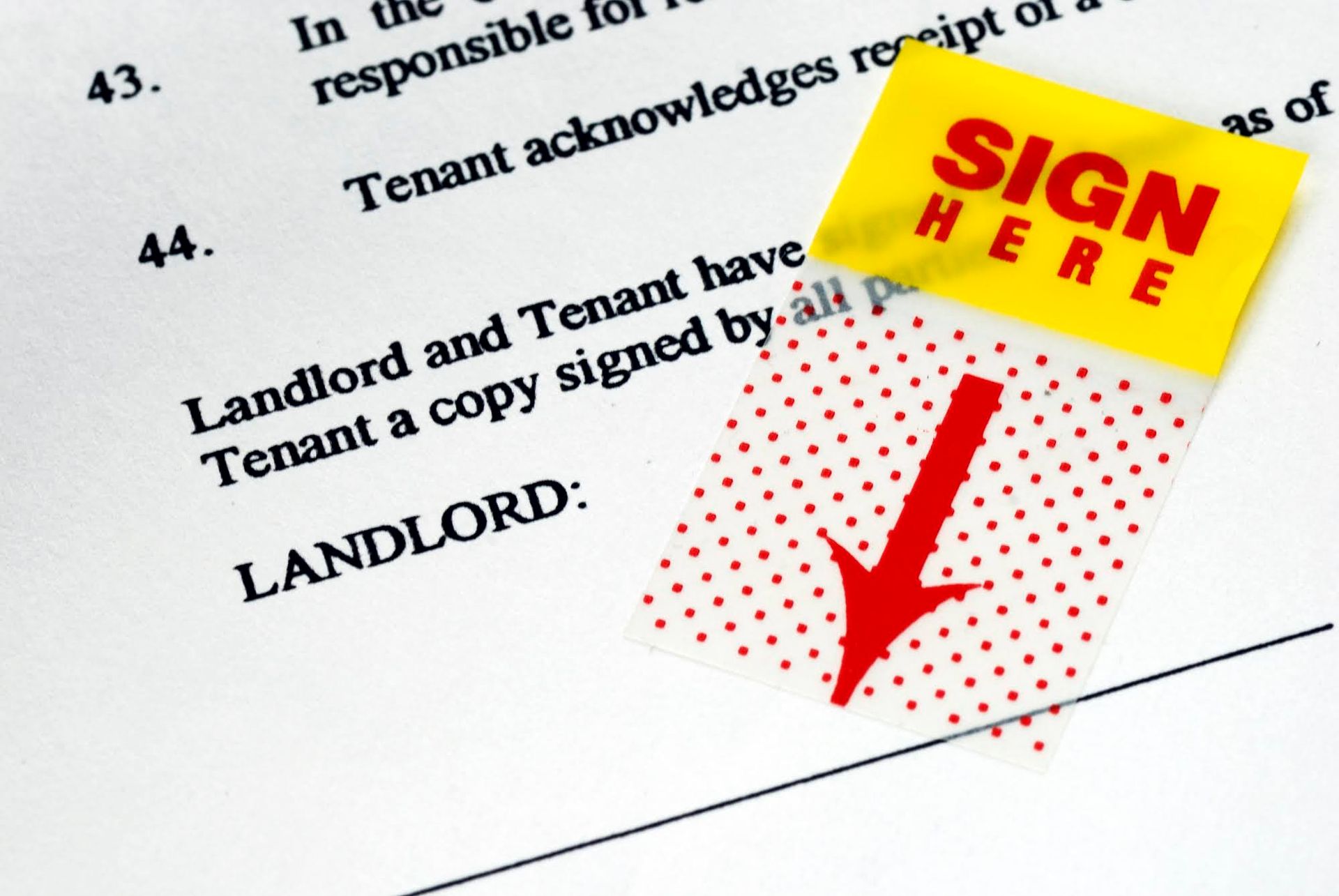When Should You Refinance Your Mortgage?

Refinancing a home mortgage allows you to trade in an old mortgage for a new loan with better terms and interest rates. This way, your lender will use the old loan to pay off the new one. Therefore, for most individuals, refinancing may allow them to lower their monthly mortgage payments.
So, how do you know when the best time is to refinance your mortgage? Explore some indicators to look out for.
Your Credit Score Has Improved
Mortgage lenders consider your credit score to determine your loan eligibility and the ideal interest rate. The higher your credit score is, the better opportunity you have to receive attractive loan terms.
So, if your credit score was not attractive when you originally obtained the loan, the chances are that your interest rates were high. If you have taken time to clean up and improve your credit score, you can use that to negotiate better terms and lower interest rates.
Your Adjustable Rate Mortgage (ARM) Is About To Reset
Adjustable-rate mortgages (ARMs) are loans with interest rates that increase and decrease depending on the current economic climate. When you first started your mortgage, your lender may have given you a low introductory rate for the first few years of the loan.
When these introductory periods end, you are likely to experience significant increases or decreases in your mortgage rate. If you are expecting a boost, you can refinance for a fixed rate as soon as possible.
Your Income Has Increased
Your lender will consider your income to determine how much you can afford for a monthly payment. If your income was low when you first applied for the loan, the chances are that your interest rate was higher.
If you have significantly increased income since you first applied, the lender will likely perceive you as more creditworthy and offer you better terms.
You Can Lower the Rates by 0.5%
A range of factors can influence interest rate fluctuation. For example, economic and mortgage market conditions determine current interest rates.
If what you are already paying is higher than the current market rates, consider refinancing and taking advantage of better terms. Getting an interest rate lower by 0.5% is worth refinancing.
You Want to Reduce Payments
Perhaps your finances have decreased since you originally obtained the loan, and you are struggling to make payments. You need to put more money in your pockets and reduce your monthly payments.
If that is the case, you can refinance for a longer loan term. This idea will spread the payments over a longer period and make it more affordable for you to repay the loan.
Your Home Value Has Increased
Lastly, if the value of your property has appreciated since you took out the mortgage, then it is worth considering refinancing. You can use this increased home equity to negotiate better terms on a new loan and reduce your interest rate.
Refinancing your mortgage can be an excellent way to save money on interest payments and free up extra cash for other needs. Consider these criteria to determine whether or not this is the best time for you to refinance. When in doubt, consult a real estate lawyer who can help guide you through the process. The attorney will assess your financial situation, explain the implications of refinancing, and advise whether it is worth taking out a new loan.
You can trust us at the Law Office of Steven Kurlander for all your real estate needs. We will offer sound legal advice after evaluating your unique situation and guide you through refinancing. Contact us for a consultation.










